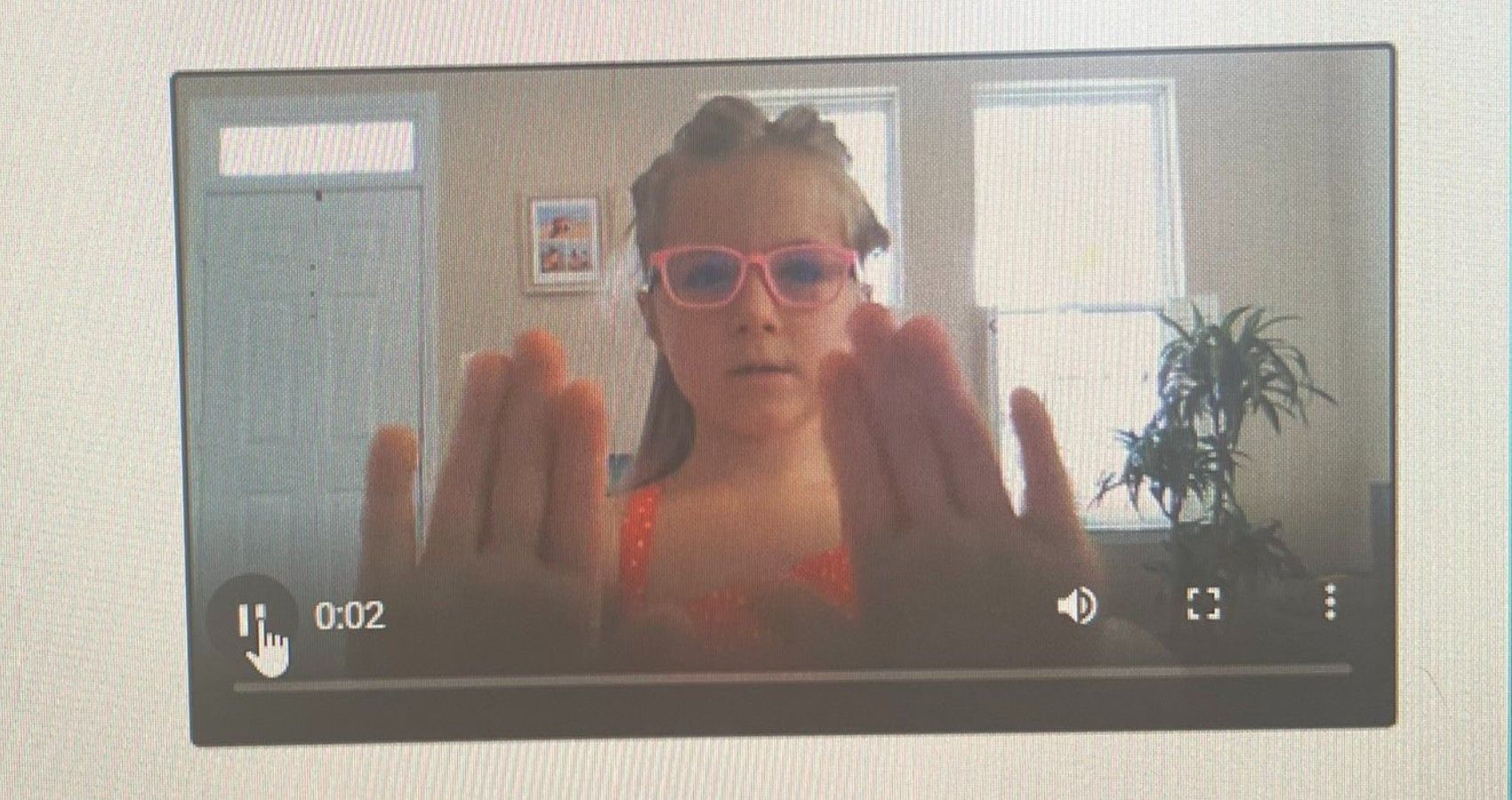Now more than ever it may be important to teach our children how to be good digital citizens. How to act and present themselves online may need to be one of the lessons that mom needs to make a priority to raise a good digital citizen. Technology and social media is becoming more prevalent in the lives of our children, and the downfall is that the internet can be a scary place and it can also be permanent. Things that are said and posted online can be forever, and these are not situations that we want our children to find themselves in.
According to Statistics Canada, 1 in 10 adults living in a house with children reported cyberbullying with one of the children. When we look at who is doing the bullying, 40% of them are between the ages of 12 and 13 years old. This number may also be well below average, because a lot of cases of cyberbullying go unreported.
The Basic Safety Information For Good Digital Citizenship
It is not just cyberbullying that parents need to be mindful of, children need to be taught what they do not share online from a very young age. According to Extension, children in a tech-world need to be taught that private information needs to remain private. Children should not be giving out private information, like their address, phone number and passwords. They also need to be aware of posting pictures that may disclose where they live.
Good Digital Citizens Know What Privacy Means
When it comes to social media and privacy, it is also important to teach children to think twice before they post something. This is a big part in teaching children to be good digital citizens. It is easy to get caught up in memes and different jokes, but a good rule of thumb is always going to be if they wouldn’t show it to someone in person, they should not be sharing it online. If they would feel embarrassed to physically talk to someone about something, or show them a certain picture, then it should not be shared. It is important to teach our children not to hide behind a computer screen and feel like they are protected.
Good Digital Citizens Know How To Behave Online
The importance of instilling this in children is because it could very well come back to haunt them. The internet can be forever, and once something is posted, it can be very hard to erase it forever.
According to Noodle, a survey was done and it found that 35% of college admissions officers looked up an applicant’s social media page to learn more about them before deciding whether to accept them to the school. While your child may not be thinking about college’s now, they don’t want to get caught in a tricky situation over something they posted or said years ago online.
Overall, teaching children to be good digital citizens is become as important as teaching them to be good citizens. Children should present themselves online just as they do in person, while acknowledging that it can be difficult to act out, it is important. Children should be taught to encourage kindness in others online, and to not engage when someone writes a negative comment about them.
Sources: Noodle, Extension, Statistics Canada

